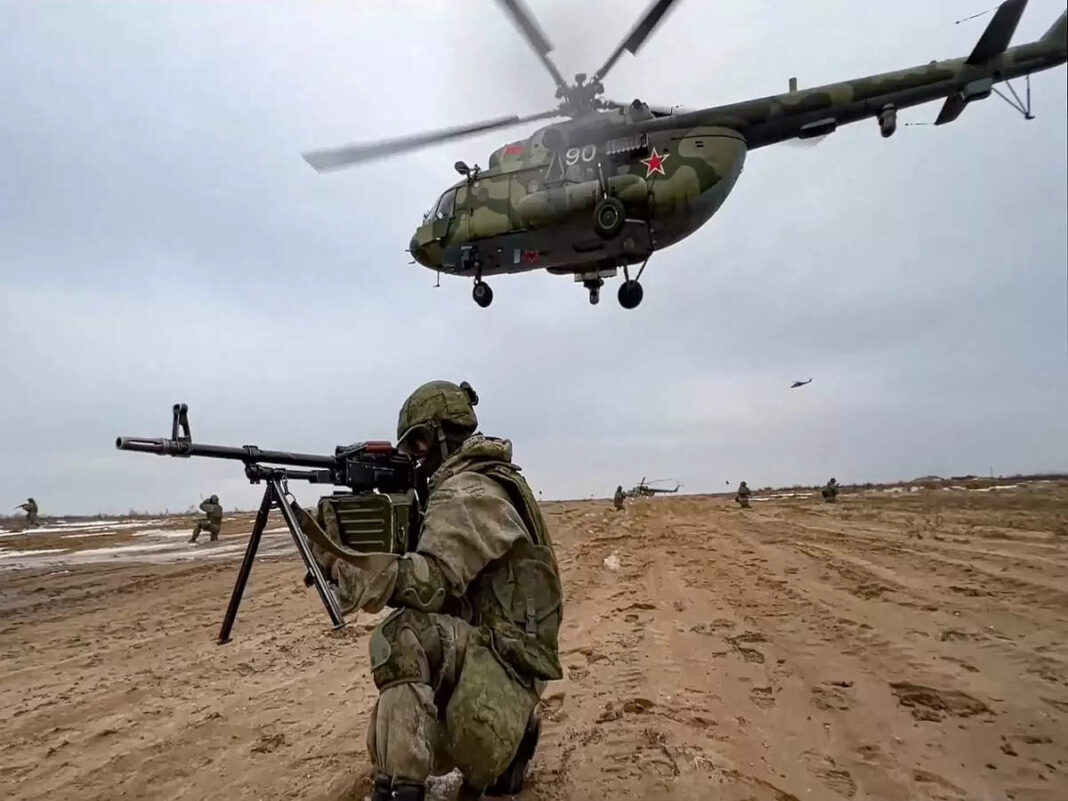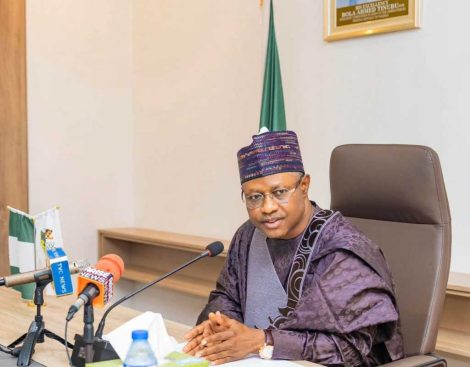By Abu Jemimah Lami
When Russia invaded Ukraine on February 24, 2022, the world braced for a geopolitical storm. What few predicted was how far the tremors would travel, shaking not only Europe but also Africa. Today, more than two years on, the war continues to expose Africa’s vulnerability to external shocks, testing both its economy and resilience.
Few conflicts in modern times have disrupted global supply chains like this one. Russia and Ukraine together account for nearly 20 per cent of the world’s wheat exports, with Ukraine being a major supplier of maize and sunflower oil. As the war grinds on, blockades and sanctions have reduced grain exports, causing food prices to soar across Africa.
Adding to the crisis is the fertilizer shock. Russia is one of the world’s largest producers of fertilizers, and the war has sent global prices skyrocketing. Many smallholder farmers in Africa, the backbone of the continent’s food system, are planting less due to the high cost of inputs. Lower yields mean reduced food supply, worsening hunger and threatening the continent’s ambition of food self-sufficiency.
The conflict has also triggered an energy crisis. Russia remains one of the world’s biggest oil and gas exporters. Disruptions in global supply and the sanctions imposed as a result of its invasion have pushed up fuel prices worldwide. For African nations that import refined petroleum, this has translated into soaring pump prices and higher transportation costs.
From the markets of Lagos to the farms of Nairobi, and to the enclave in Johannesburg, the ripple effects are visible. Transport fares have doubled in some cities, while manufacturing costs have risen sharply. For governments already battling inflation and currency depreciation, subsidizing fuel has become unsustainable. Many are borrowing more to stay afloat, compounding already high debt levels.
Beyond the economic fallout, the Russia-Ukraine conflict has altered Africa’s security and diplomatic landscape. The war has drawn renewed attention to international law and the principle of sovereignty, values central to the African Union’s charter. Yet, as the conflict rages, these norms are being tested, reminding African nations of their own vulnerabilities to foreign interference.
At the same time, Russia has expanded its military presence on the continent through its paramilitary outfit formerly the Wagner Group, now known as the Africa Corps, operating in countries such as Mali, Libya, Sudan, the Central African Republic, and Burkina Faso. These operations, while often presented as partnerships against terrorism, have drawn criticism for alleged human rights violations and for entrenching authoritarian regimes.
Ukraine, seeking to counter Moscow’s influence, has reportedly cultivated its own alliances and intelligence networks on the continent. This emerging proxy contest risks deepening divisions among African states and complicating regional security.
The war has also put African countries in a delicate diplomatic position. Some have chosen neutrality, preferring to focus on their domestic challenges, while others have leaned toward one of the two sides, often for historical, military, or economic reasons. The result is a continent increasingly divided along global fault lines.
If there is one lesson Africa should draw from this conflict, it is the danger of dependency.
The war has revealed how fragile the continent’s food, energy, and security systems are when global supply chains falter. It is a wake-up call for African, politicians and business leaders to accelerate the implementation of the African Continental Free Trade Area (AfCFTA), invest in local food and fertilizer production, and strengthen regional cooperation on peace and security.
Africa must build the capacity to feed itself, fuel its own growth, and protect its borders without leaning too heavily on distant powers. Only then can the continent cushion itself against future global shocks, whether caused by wars, pandemics, or climate change.
The Russia-Ukraine war may be thousands of miles away, but its effects are close and personal for Africans. Every rise in food prices, every fuel shortage, every security tension tells part of that story. The task before Africa is not to choose sides in Europe’s war, but to choose survival, and ultimately, self-reliance.
Abu Jemimah Lami, is a Graduate of History and International Studies from IBB University, Lapai and she is currently serving as Corps Member at the Institute for Peace and Conflict Resolution (IPCR), Abuja. She can be reached via: jemimahabu36@mail.com





